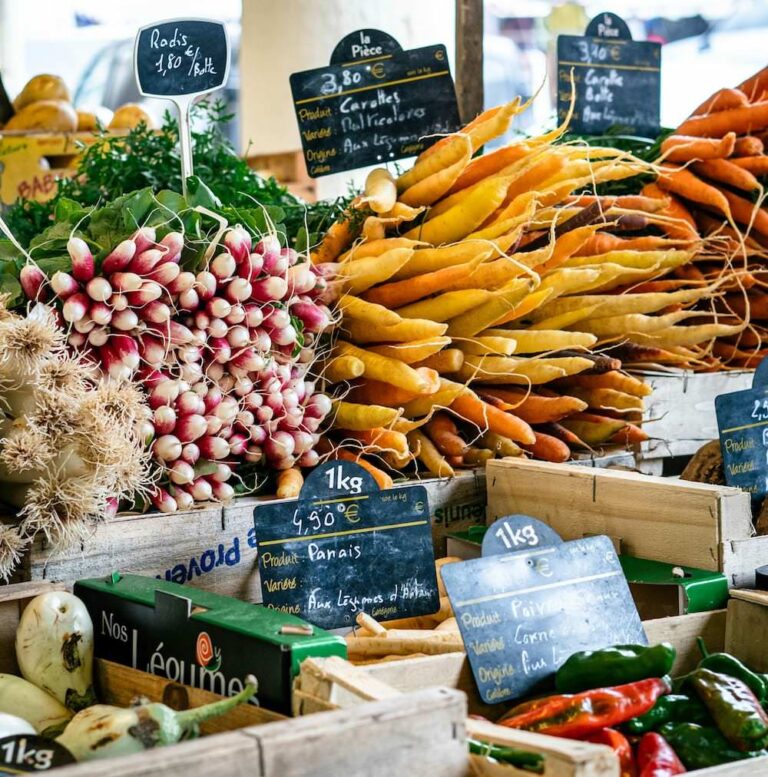Thanking
The way to say “thank you” in French involves words like “merci,” “remerciements” and “remercier.” Most people are familiar with “merci,” but may not have heard of the other two words.
Merci
“Merci” is either an exclamation or a masculine noun meaning “thanks” or “thank you.”
- Casual: “Merci pour le café.” (Thanks for the coffee.)
- Formal: “Merci beaucoup pour votre collaboration.” (Thank you very much for your collaboration.)
- “Dieu merci !” (Thank God!)
- “Mille mercis” (Thanks a million) [literally, “a thousand thanks”]
- “Merci mille fois” (Thanks a million) [literally, “thanks a thousand times”]
- “Non merci” (No thanks)
- “Merci d’avoir fait la vaisselle” (Thanks for doing the dishes)
- “Merci à tous d’être venus” (Thank you all for coming)
- “Merci d’avance” (Thank you in advance)
- “Un grand merci à Sylvie pour son aide” (A big thank you to Sylvie for her help)
Remerciements
“Les remerciements” (masculine plural) is a noun meaning “thanks.” It is used in a more formal way of expressing gratitude.
- Example 1: “Nous tenons à vous adresser nos sincères remerciements.” (We want to extend our sincere thanks to you.)
- Example 2: “Les remerciements dans son discours ont touché tous les invités.” (The acknowledgments in his speech touched all the guests.)
Remercier
“Remercier” is a verb meaning “to thank.”
- “Je voudrais remercier toute l’équipe” (I would like to thank the whole team)
- “Je vous remercie” (I thank you)
- “Remercions le ciel d’être encore en vie” (Thank God we are still alive)
- “Il nous a remercié de l’avoir accueilli” (He thanked us for having welcomed him)
- “Nous vous remercions d’addresser vos emails à…” (Please address your emails to…)
- “C’est moi qui vous remercie” (“It’s me who thanks you,” which is a response to someone who has already thanked you. Sometimes this is shortened to “Non, c’est moi” or just “C’est moi”)
Grâce à
“Grâce à” is a prepositional phrase, meaning “thanks to.”
- Grâce à toi, on a réussi (Thanks to you, we succeeded)
- Grâce à Dieu ! (Thank God!)






